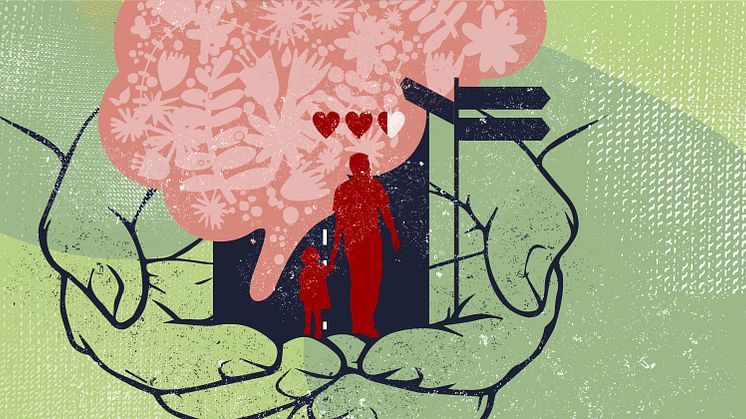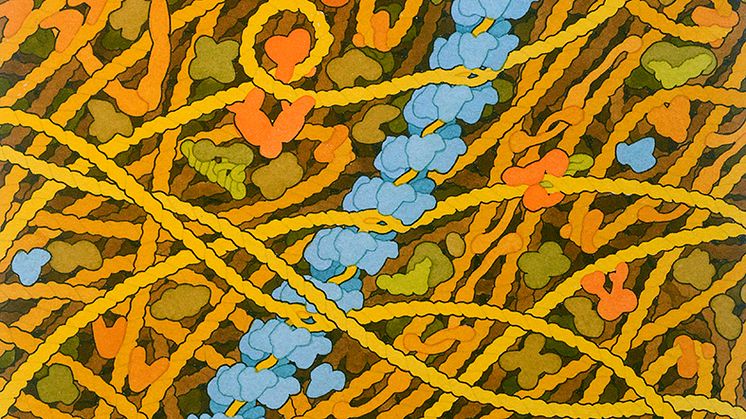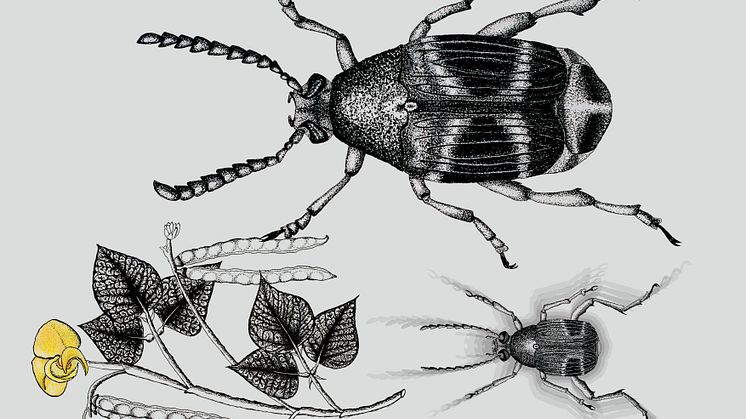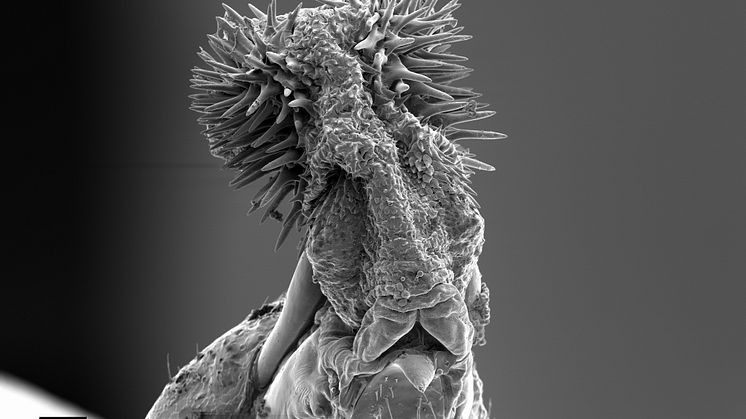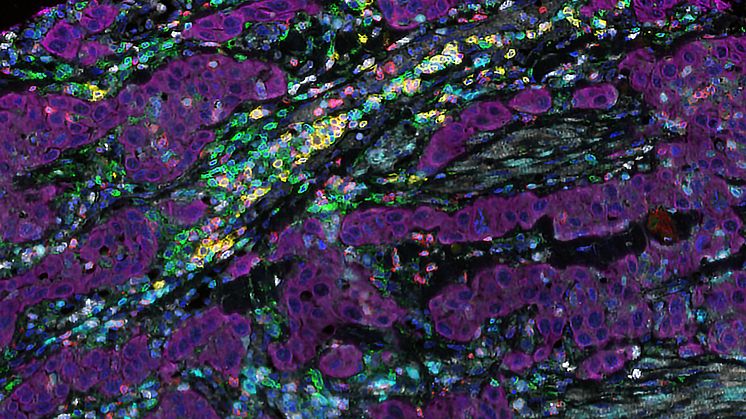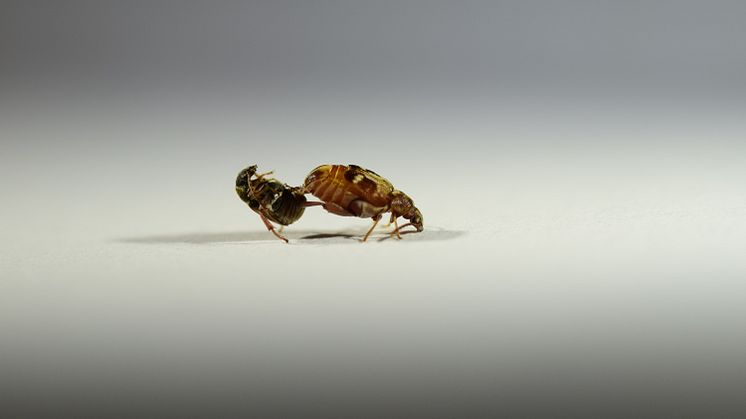More chemicals, fewer words: exposure to chemical mixtures during pregnancy alters brain development
By linking human population studies with experiments in cell and animal models, researchers have provided evidence that complex mixtures of endocrine disrupting chemicals impact children’s brain development and language acquisition. With their novel approach, the scientists show that up to 54 per cent of pregnant women were exposed to experimentally defined levels of concern.
